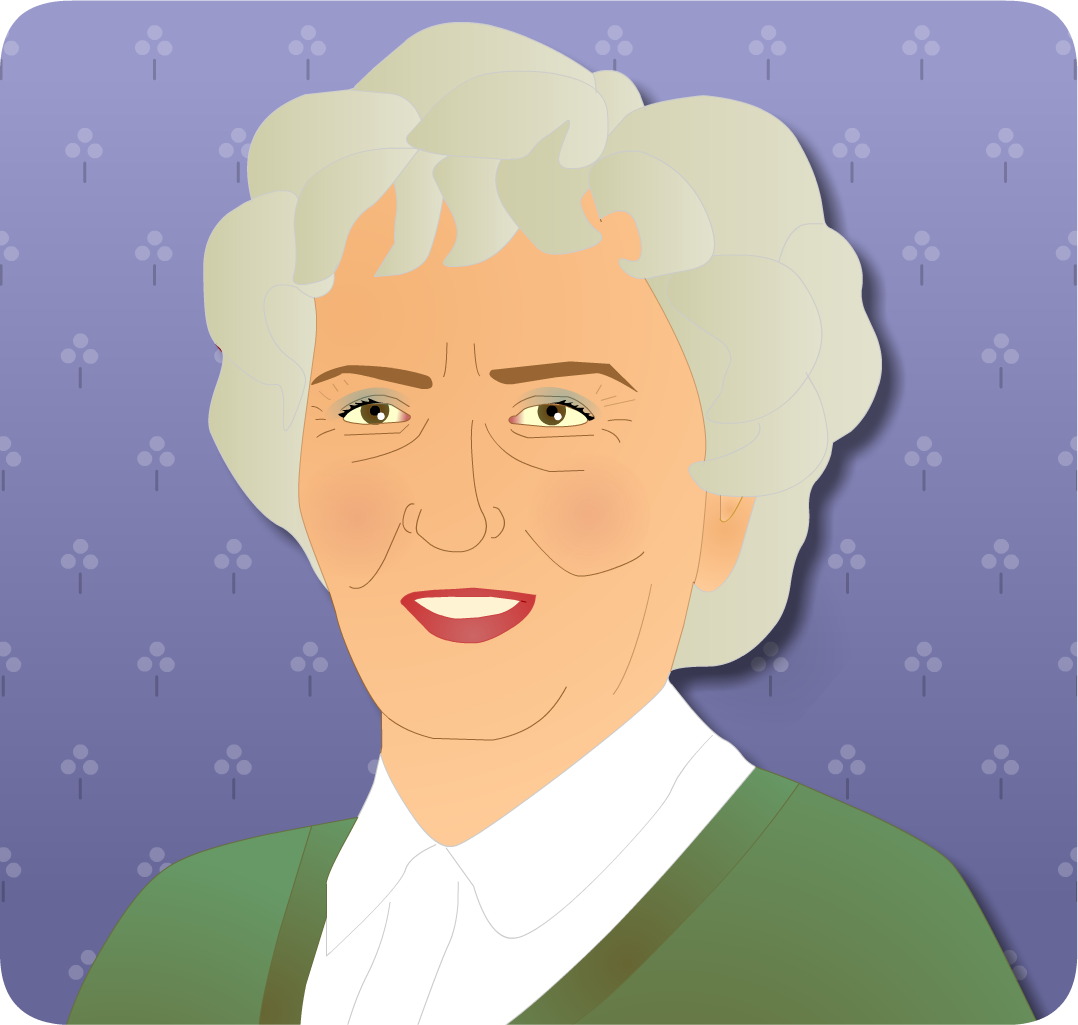Introduction
On completion of this module you should have a critical understanding of communication problems which are commonly seen after stroke and the impact these can have on the individual.
The answers to all the test questions are contained within the module. This information may be provided in the ‘Additional Information’ boxes on some of the pages.

Module lead Sheena Borthwick, Specialist Speech and Language Therapist, NHS Lothian Group members Eleni Pateraki, Principal Clinical Psychologist, NHS Greater...

Steven is a 46-year old taxi driver. He is married with two children, David who is 21 and Michael who...

Deirdre is 76 years old and is a retired head teacher. She is very independent. She lives alone, is a...

Thomasz: Everyday life with a communication difficulty ...

Having completed of this module, you will now: Supported communication Understand what supported communication is and how to use with...
Page last reviewed: 29 Nov 2020
General Medical Disclaimer: The information, including but not limited to, text, graphics, images, recommendations, opinions and other material contained on or accessed through this website (or in any module or content accessible through this website) (together “Website”), is intended for general informational purposes only. The information should not be considered as professional medical advice, diagnosis, recommendations or treatment. The information on this Website is provided without any assurance, representations or warranties, express or implied. We do not warrant that the information on this Website is applicable to all healthcare practices, geographical locations, health needs or circumstances. We do not warrant that the information on this module is complete, true, accurate, up-to-date, or non-misleading. You should always seek the guidance of a qualified healthcare professional before making any decisions related to your health or wellbeing. Never disregard or delay seeking medical advice due to something you have read on this Website. The use of or any reliance placed on any information provided on or accessed through this Website is solely at your own risk. If you have any specific questions or concerns about your health, please consult a qualified healthcare provider or other qualified medical professional. Do not rely on the information on this Website as an alternative to medical advice from your doctor or other qualified professional healthcare professional or healthcare provider.








